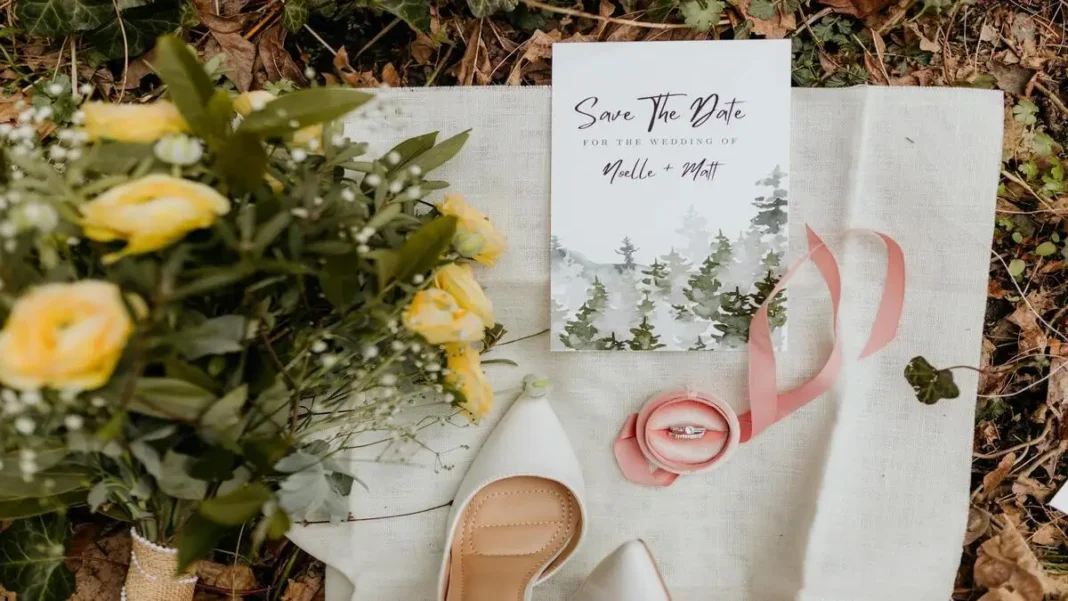Congratulations! Your engagement moment marks the start of an incredible chapter in your life, and it’s worth celebrating. At the same time, a whirlwind of decisions, deadlines, and expectations can quickly turn joyful anticipation into stress.
The good news is that you can plan your dream wedding without losing your sanity with a little organization, realistic expectations, and strategies to stay grounded.
Building the Foundation: Budget and Priorities
Once your budget is set, focus on identifying your top priorities. Is your first priority the venue? Or is it a show-stopping dress? For example, if food is your thing, splurge on a fantastic caterer and maybe scale back on decor.Additionally, don’t forget to search for wedding-related coupons and discounts — you can often find great deals on everything from attire to catering services, helping you stretch your budget even further.This approach will help you get dialed in together on what truly matters and keep unnecessary expenses in check.
Timeline Tips: Making the Most of Your Planning Time
Planning a wedding can feel like juggling 25 balls at once — except some of those 25 balls don’t require your attention today.
Start by creating a general timeline of tasks based on your wedding date. For example:
- Twelve months before: Book the venue, hire a planner (if using one), and start a guest list.
- 8-10 months before: Order the dress and book key vendors like photographers, florists, and caterers.
- Six months before: Finalize your guest list and send Save the Dates.
- 1-3 months before: Have your final fittings, confirm vendor details, and send out invites.
Booking things sooner rather than later will help you secure the vendors you want and give you peace of mind. If the timeline starts feeling overwhelming, don’t hesitate to pause for a breather — working in small chunks is okay.
Practical Planning Strategies to Keep Stress at Bay
Don’t worry — there are plenty of things you can do to make wedding planning less stressful.
Tools like wedding planning apps, checklists, and spreadsheets are lifesavers. Platforms like Trello, The Knot, and Zola keep everything in one place, from your budget to vendor contracts.
If you communicate your vision clearly, you’ll be amazed at how much vendors can handle for you with ease and a friendly budget. Asking for help isn’t a weakness.
Infusing Your Personality into Your Wedding
Your wedding is ultimately a celebration of you as a couple. It’s not about following trends or meeting everyone’s expectations. Focus on weaving personal touches into the decor and overall experience. If you love to travel, incorporate a “passport” theme for your save-the-dates or seating charts.
Another great idea is adding cultural traditions or hobbies that matter to you both. Maybe one of you has Irish roots — include a handfasting ceremony in honor of that heritage.
Staying Grounded: Self-Care During Wedding Planning
It’s easy to get caught up in catering tastings and floral arrangements, but don’t forget to take care of yourself during this time. Take a weekend off to binge-watch your favorite shows. And don’t neglect those small wins; treat yourselves when you check major tasks off the list.
Conclusion
Of course, planning your wedding will have a few moments of stress, but you’ll also experience many beautiful moments along the path. Stick to your priorities, lean on your loved ones, and inject your personality into this celebration.
Along the way, keep practicing gratitude, self-care, and a healthy dose of flexibility. And know that your wedding day will reflect the unique love story and special bond you’re about to make official.




